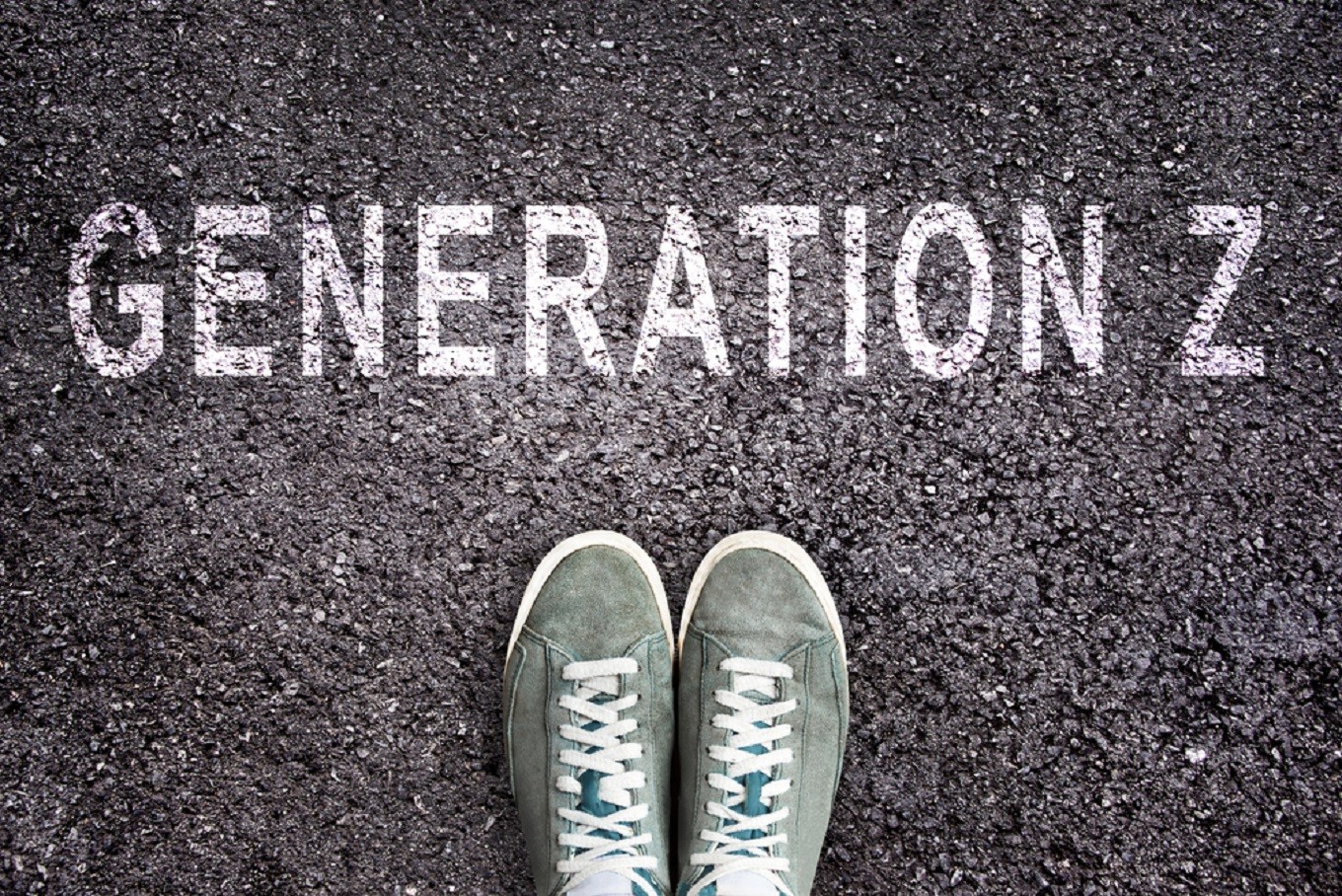Popular Reads
Top Results
Can't find what you're looking for?
View all search resultsPopular Reads
Top Results
Can't find what you're looking for?
View all search resultsIndonesian Gen Zs take closer interest in mental health
Data from mobile survey platform Jakpat in 2022 also show that Gen Zs in Indonesia experience comparatively the most mental health problems, at over 59 percent out of 1,870 respondents.
Change text size
Gift Premium Articles
to Anyone
R
ecent research shows that Gen Zs are prone to mental health problems, but their awareness allows them to be more mindful of it compared with previous generations.
Jember University student Najya, 21, is one of the many Gen Zs who felt their mental health was more “fragile”, especially coming out of the pandemic.
“I got into college during the pandemic, and there was no separation between personal and professional lives, work and academic hours were melded, and toxic productivity became an issue because I would anxiously try to spend 100 percent of my time on work,” she told The Jakarta Post on Thursday.
Najya falls within the age bracket of people born between 1997 and 2012, referred to as Generation Z, which was labeled as “stressed, depressed, and exam-obsessed” by British publication The Economist in 2019 and the term has adopted by several other media outlets in recent years.
Data from mobile survey platform Jakpat in 2022 also show that Gen Zs in Indonesia experience comparatively the most mental health problems, at over 59 percent out of 1,870 respondents.
Only 39.8 percent of Indonesian Millennials or Generation Y (born between 1981 and 1996) told the survey they were having mental health issues, while only 24 percent of Generation X (born between 1965 and 1980) said they have mental health issues.
Bandung-based copywriter Nadya Khoyron, 24, agreed with the survey as she shared her problems with anxiety in her workplace.
“I’d been working flexible hours last year, so now I’m anxious whether I can do my work well in this new 9-to-5 job that I have,” she said.
But being aware of her anxiety problem and depressive episodes early on, Nadya went to a psychiatrist in 2021 to be prescribed medication that could help her, and now she feels much better.
“My hands used to actually tremble when I was anxious, but now I’m much more at ease,” she said.
Najya, too, is now aware when anxiety starts kicking in and just goes outside so as not to fall into her spiral of overthinking patterns.
“If I’m in the mood, I’ll just walk outside alone to get some fresh air or do some grocery shopping,” she said.
This awareness is the antidote for Gen Zs, many of whom are turning into teenagers and young adults this year.
Experts have stated that previous generations preferred to ward off thoughts of mental health problems and downplay the syndromes, eventually passing them on to younger generations.
“The problem with mental health data in Indonesia is that it is very weak because many [older people] are still in denial. They don’t want to acknowledge their own mental health problems,” clinical psychologist Annelia Sari Sani told the Post Wednesday.
Even if there was a hint of awareness, older generations would repress younger people’s complaints and tell them not to “dishonor the family or taint the school’s good name,” she added.
“That’s why Gen Zs’ awareness of mental health alone is already a powerful tool to help them navigate the world because the previous generation didn’t have that [awareness],” Annelia said.
While some studies have highlighted the younger generation’s dependency on smartphones and social media, studies such as one by The Conversation about Gen Zs’ sleep deprivation, show that many Gen Zs have tried to make them a useful tool as well.
“Social media does help me a lot to compartmentalize how I feel. I would find something on social media that I initially couldn’t verbalize,” 24-year-old freelancer Shinta Aprilia said.
Shinta is now three weeks into her journaling journey to put her thoughts on paper, a hobby many Gen Zs have picked up on.
“Being aware of one’s mental health is great, but some people in my vicinity often don’t want to work on themselves for the better. Journaling helps me ponder deeper and process my emotions better,” she said.










